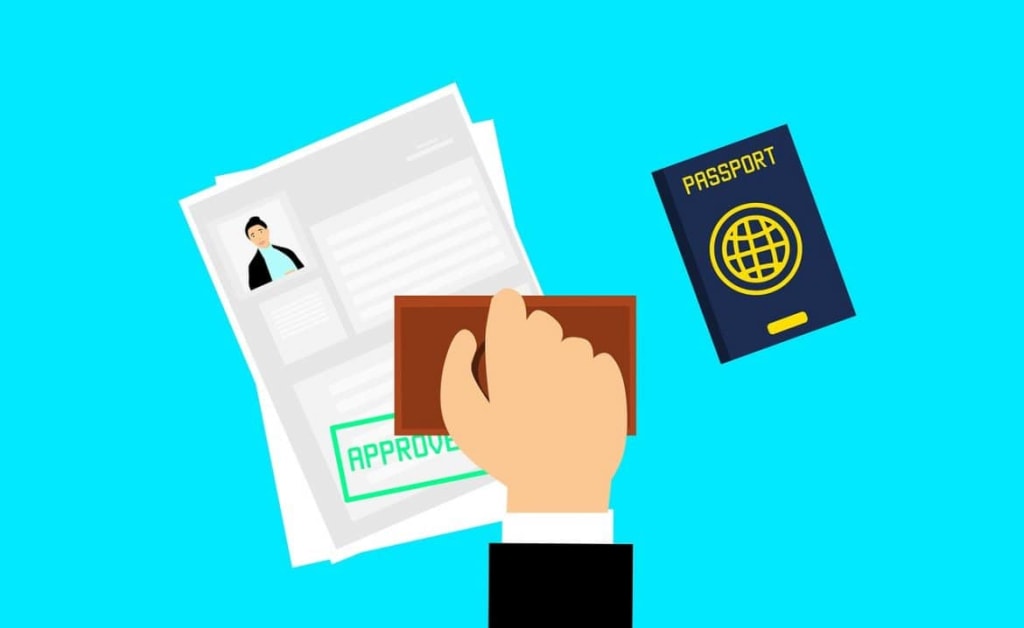How has the COVID-19 Pandemic Affected Immigration Appeals?
Courts and government administration have been forced to postpone hearings in order to enforce social distancing orders

Courts and government administration have been forced to postpone hearings in order to enforce social distancing orders. This has made it difficult for them and other agencies to severely limit face-to-face activities. Many of these operations are now conducted online. Many detained immigrants were also released due to the threat of contagion. What does this mean for immigrant appeals arising from deportation orders?
The pandemic often delays the resolution of immigrant cases. Sometimes, electronic filing allows a case to be moved forward in the manner that it can under social distancing directives.
Coronavirus Restrictions on Border Crossings
The current administration has used the COVID-19 pandemic as an excuse to continue its anti-immigrant policies. First, the administration used the 1944 power granted to the Surgeon General to stop foreigners posing a risk to public health to prevent them from entering. Asylum was effectively ended by forcing asylum seekers and migrants to return to their home country or pushing them back to Mexico.
The U.S. has closed its northern and southern borders to all but essential travel, along with Canada and Mexico.
The USCIS Response to the Coronavirus Pandemic
U.S. immigration advocates called for extensions to filing deadlines and automatic grant extensions for foreigners. Citizenship and Immigration Services (USCIS), should extend the filing deadlines and grant extensions automatically to any foreigner about to lose their status. The USCIS responded by directing each applicant to apply for an extension individually so that each case can be evaluated on a case-by–case basis.
The U.S. Department of Justice has taken precautions to stop the spread of contagion
Hearings have been postponed
The U.S. Department of Justice postponed all hearings for non-detained immigrants and Migrant Protection Protocols. This was effective as of April 20, 2020. To receive a new hearing date and time, those affected by the postponement should report at their port of entry on or before the original scheduled date.
New Procedures for Electronic Filing & Filing by Email
Due to COVID-19, the rollout of ECAS (the new electronic Court & Appeals System) has been delayed.
Temporary email accounts are available for the Office of the Chief Administrative Hearing Officer and the Board of Immigration Appeals. These accounts allow for electronic filing by all parties.
However, ECAS should be used to file where it is available. Parties can file via email if ECAS is unavailable or if they have not yet opted into the system.
What to do if your appeal has been delayed
Ask for an extension of time to file any filings and ask for a status extension if your current status is close to expiring. At this moment, neither status extensions nor filing extensions will be granted automatically. You have to act.
Coronavirus is a common infection among immigrant detainees
Due to fears that the coronavirus virus is rapidly spreading through U.S. facilities, nearly 700 detainees were released recently from U.S. Detention Centers. Immigration and Customs Enforcement (ICE), is evaluating the immigration history, criminal records, potential threat of public safety, flight risk and national security concerns of detainees and deciding if they are eligible for release. People who are older, have underlying medical conditions and don't pose a safety or flight risk are more likely be released.
COVID-19, for example, has been rapidly spreading in New Jersey among detainees, staffers, and detainees in county jails holding ICE detainees. Hudson County Correctional Facility was hard hit by the coronavirus. At least three of its staff members died and more than 10 ICE detainees tested positive. More than 245 ICE prisoners have been released across N.J. Most of them are equipped with electronic ankle monitors so they can attend court hearings.
Immigration lawyers are successful in filing habeas corpus petitions claiming that it is against the Constitution to detain and expose immigrants to the coronavirus.
ICE claims it is taking safety precautions against the spread of coronavirus. It has locked detainees in individual cells for up to 23 hours a days to reduce their exposure to other prisoners. All detainees with coronavirus exposure, including those who have tested positive, are being quarantined.
What to do if you are detained
To gain your release, your attorney should request review of your case from ICE.
It seems that individual immigrants have the right to seek out any limited relief they may need during this crisis of public health. There are no policies or procedures to protect them or their immigration status. Talk to your immigration lawyer for help in protecting your rights and yourself.





Comments
There are no comments for this story
Be the first to respond and start the conversation.